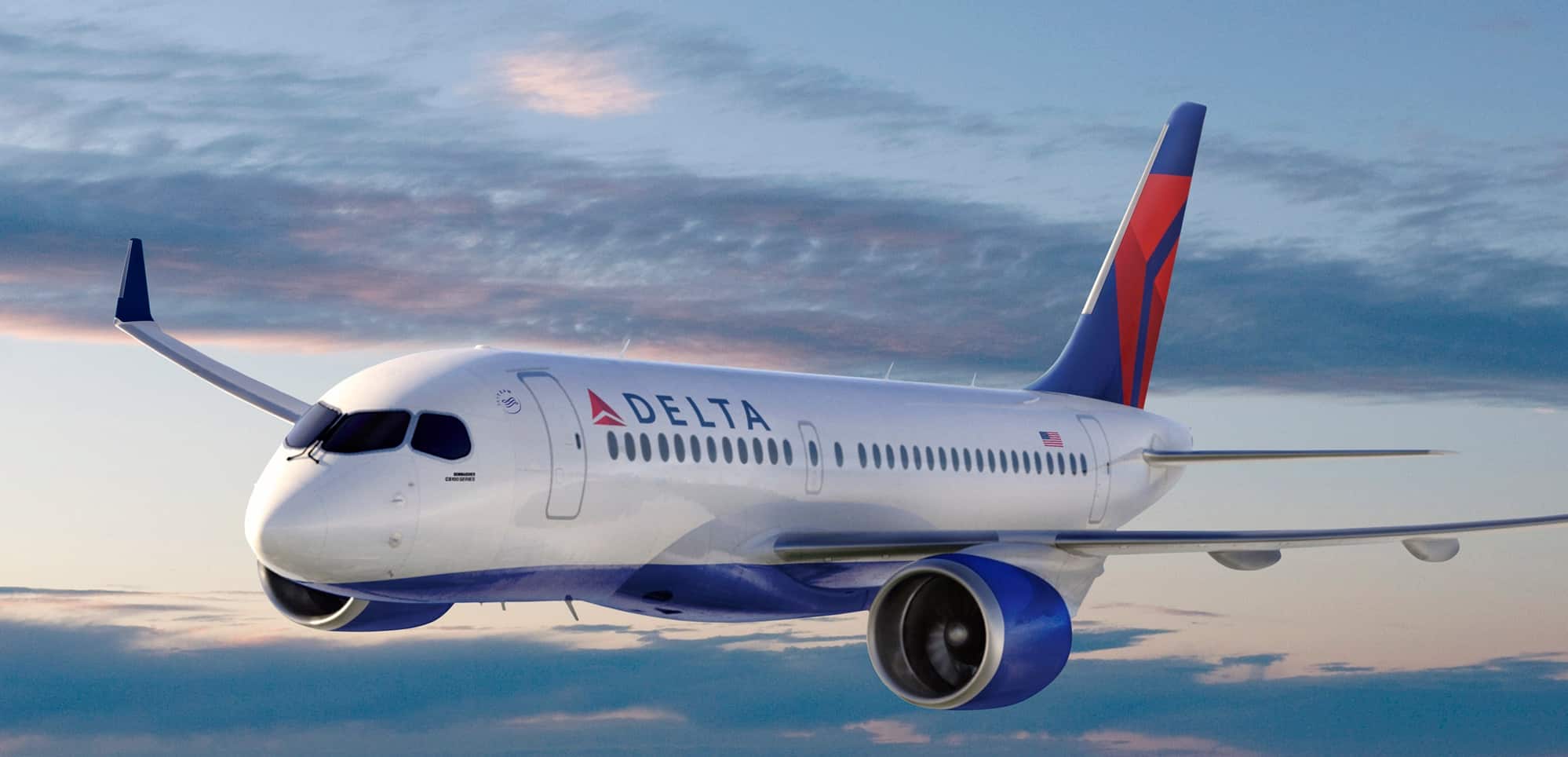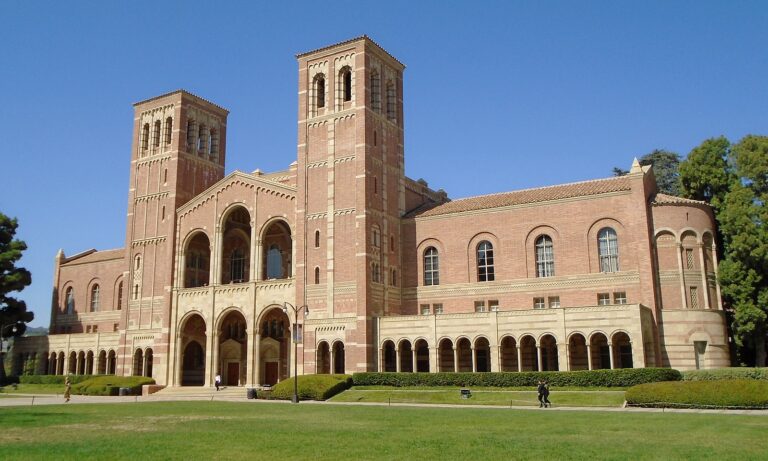Hannah Finnie is a student at Harvard Law School and a member of the Labor and Employment Lab.
Delta Airlines announced this week it would begin paying flights attendants for time spent boarding the plane. Previously, flight attendants were not paid for their work helping board the plane until the plane’s door was closed, a practice flight attendants have derided. Delta is the first U.S. airline to begin compensating flight attendants for this work.
This change in long-standing policy is likely not out of the blue. Delta’s flight attendants are unionizing (through the Association of Flight Attendants-CWA, AFL-CIO), and compensation for boarding has been one of the items they’ve pushed for. Second, Delta announced this change alongside a shift flight attendants are not happy about: a longer boarding period for smaller planes.
Though the Association of Flight Attendants lauded the specific move to compensating boarding work, it also noted that all of Delta’s policies can change at any minute without a union contract in place: “And let’s double down on our campaign so we can secure a contract that locks in all of these benefits AND ensures we have a say in our pay, benefits and working conditions every day at Delta.”
President Biden set off a media storm earlier this week after conversations with the Congressional Hispanic Caucus where he hinted at canceling student loan debt. Though student loan debt cancelation was an issue President Biden campaigned on, since taking office he has more often indicated that Congress would have to be the branch to do it. However, his remarks on Monday struck a different note, making it seem like executive action on student loan debt is on the table. Press Secretary Psaki, when asked about the conversation, repeated that the administration planned to either make a decision about loan cancelation or further extend the pause on student loan repayments when the current pause expires at the end of August.
Finally, the Supreme Court on Monday heard an appeal in Kennedy v. Bremerton School District, a case concerning a former public school football coach who kneeled to pray on the field after his team’s games, before the players and fans had been cleared from the stadium. The case broadly will test the current Supreme Court’s stance on religious expression, and four of the Court’s conservative justices have already called the lower court’s decision in favor of the school district that fired the coach “troubling.” Richard Katskee, an attorney with the organization representing the school district (Americans United for Separation of Church and State), previously said: “If the Supreme Court said a public school coach had the right to demand this kind of public prayer, they’d be powerless to stop any religious coercion.”






Daily News & Commentary
Start your day with our roundup of the latest labor developments. See all
July 26
Prop 22 survives; video game workers take action; NLRB challenged.
July 25
Disney union reaches tentative agreement, FAA agrees to improve worker conditions, and Olympic dancers drop strike notice.
July 24
Unions demand end to military aid for Israel; UAW and Teamsters hold out on Harris endorsement; Judge declines to block FTC ban on non-competes
July 23
NLRB drops appeal of a district court case striking down its joint employer rule; red states challenge EEOC’s pregnancy rule; and the WNBA players’ union taps advisors.
July 22
Unions respond to Biden's exit, many back Harris.
July 19
The Bronx Defenders Union announces a tentative collective bargaining agreement; Amazon workers continue a strike in Skokie; Bangladesh students continue protests over government job quotas.